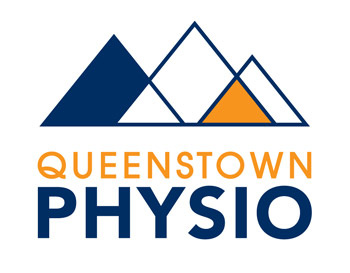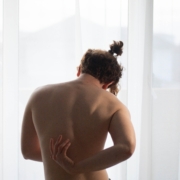Acute Lower Back Pain: Top Tips For Recovery
Most adults will suffer from an episode of back pain at least once in their lifetime. Back pain can be frustrating, incapacitating, and frightening – especially if you haven’t had it before! Thankfully, most back pain is not serious and will resolve within a few weeks. Resting from aggravating activity can help but it’s important to keep moving too! Walking at an easy pace for 5-15 minutes a few times a day, along with pain relief medication and some gentle exercise goes a long way to helping you make those first steps in your recovery. See the top tips below for starting your recovery from acute lower back pain.
1. Don’t stress – over 80% of back pain is not serious will settle within a few weeks.
2. Take pain relief medication – take some pain-relieving medication and try using a hot or cold pack on the area for 10-15 minutes, 2-3 times per day to help reduce muscle tightness and spasm.
3. Take some deep breaths – muscle spasm can be very painful in the early stages of back pain. Remember to breathe through it. Taking some relaxed, deep breaths every hour can help. Try to relax your shoulders while sitting or lying in a comfortable position (this may be with a pillow under/ between your knees). Take long, slow breaths in through your nose and out through your mouth for 5-6 breaths. Return to your normal breathing pattern for 1-2 minutes, then perform another set of deeper breaths.
4. Perform gentle movements – gentle movement in a way that feels comfortable and right for you will help to further reduce muscle spasm. You can try the exercises below to get started – remember to keep your movements slow and to move within the range that you can manage without adding to your pain or discomfort.
– Knee rolls side-to-side.
– Crook pelvic tilts.
– Cat/cow.
– Mini child’s pose.
– Crook marching.
5. Get some advice – if you are not getting better or you are concerned , arrange an assessment with a physiotherapist to get it checked.
*If you notice any changes to your bladder and/or bowel function, have changes to the feeling around your genital area, and/or have symptoms in both legs – you should go to your closest
emergency department immediately.
*If you have osteoporosis or have risk factors for osteoporosis, you should get any sudden-onset back pain checked






